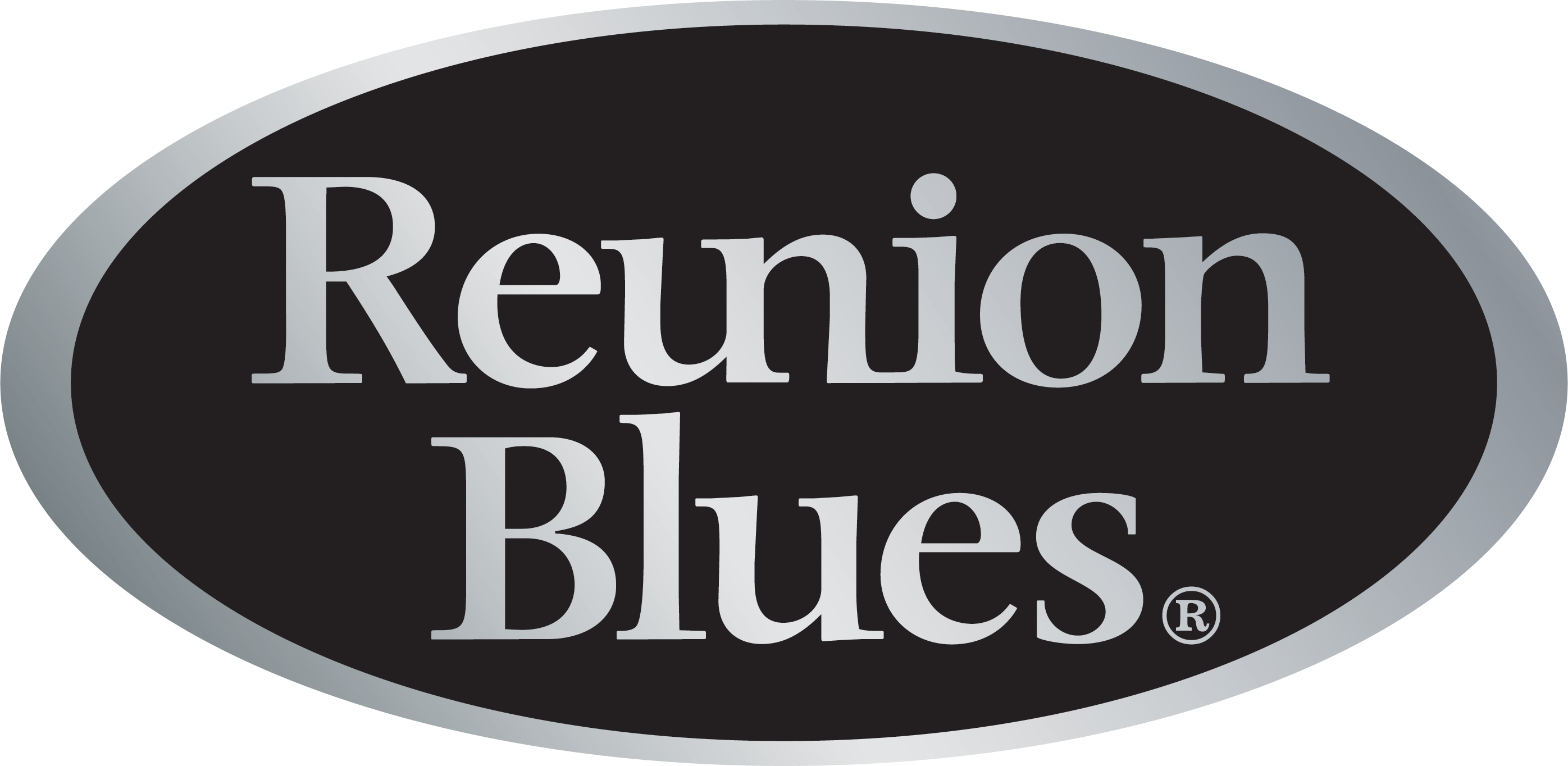Music Modernization Act: What You Should Know About It in 2021
Most artists are aware that the Music Modernization Act (MMA) was passed by the United States Congress in 2018, but many don’t understand all that the act entails. It has been put in place to help restructure music as we know it now in a more digital economy to ensure that songwriters were appropriately treated and received due royalties.
The MMA works more exclusively with streaming platforms, such as Spotify, Apple Music, and Bandcamp. In addition, the Copyright Office created the Mechanical Licencing Collective (MLC) to collect and distribute royalty payments to the original owners of musical works.
What is the Music Modernization Act?
Specifically, the MMA is reforming music copyright. It was enacted to make it easier for those who have authorship over their music to receive fairer compensation. The US government implemented this new legislation with the MLC. This allows for not just music artists but recording, sound, and mixing engineers to collect royalties through the Sound Exchange.
There has been a delay in developing copyrights since emerging, and ever-changing technology has created such advancements with music. For that reason, many musical artists struggle to get paid.
When a music artist goes to license music, the artist also needs to register the music with a Performing Rights Organization or PRO such as ASCAP or BMI. These organizations, like the MLC, advocate for you, the songwriter, and collect royalties on your behalf. The MLC does not take the place of a PRO and will not affect your ability to receive royalties from your registration with one.
How to Ensure Your Proper Royalty Payments with MMA
To make sure that you, as a music artist, get paid correctly and on time with this new legislation, there are some things that you should know:
- Title of Music Track
- Artist and Featured Artist(s)
- Genre
- Subgenre
- Publisher
- Composer
- Producers (this would include any sound engineers/mixers)
- Explicit Content (if any)
- Year/Date of Release
- Album (it it is part of an entire album)
- Owner of Master Recording
Make sure you check all spelling and formatting. Keeping all of your music organized is the best way to ensure that your music can be tracked correctly within the MLC system.
All of this may sound like a lot and seem daunting, but it is not all that difficult to understand. In its most basic form, the MMA and registration of your original music are steps you need to take if you want to be adequately paid.
Educate Yourself
If it helps you as a musician, you can read more about MMA on the Federal Register. The more you know about it, the more prepared you will be to know all of your rights regarding it. Some other important tips that you should know regarding the new act:
- The MLC will not distribute any royalties with private agreements. If you register with a music licensing company or sign any contracts when permitting another party to use your recording.
- The MLC’s job with this act is to distribute mechanical license royalties for the use of music works owned by songwriters and publishers, so statutory royalties for the benefit of sound recordings that are owned by labels or producers will not get paid - Sound Exchange is in charge of those certain royalties.
The chances are that the MMA will evolve and change, but it is a massive step forward for songwriters and composers in the music streaming world. It is a way to validate the efforts that they make in creating their own original works.
If you feel that things are still confusing or not clear enough, it doesn’t hurt to reach out to a music lawyer that can help you to understand the complexities. There are a lot of legal terms and as a musician you don’t want to cross any copyrights or deal with infringement suits. Musicians need to gain knowledge and be sure to prepare themselves, as well as be in a good position to take on the changes that this new act will bring.
Author: Melissa Waltz
